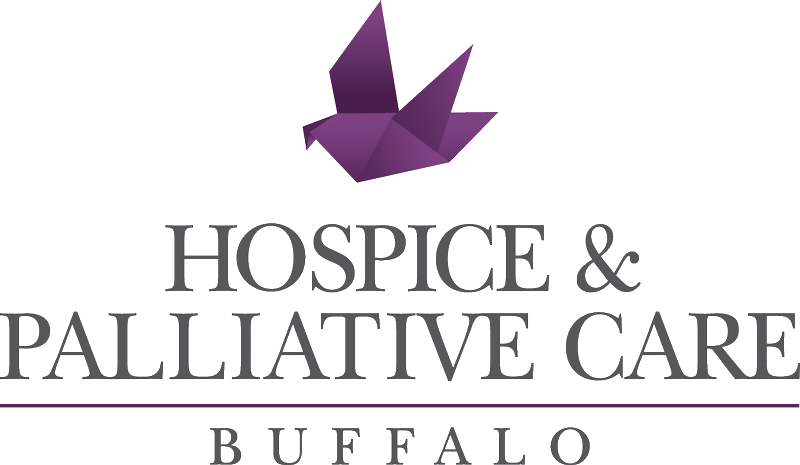Understanding Hospice vs. Palliative Care
It’s about quality of life
Hospice and palliative care are considered models of quality, compassionate care for people facing a serious illness. At Hospice & Palliative Care Buffalo, we believe that everyone coping with serious illness deserves to direct their course of care and live life to the fullest with comfort, grace and dignity.
Both hospice care and palliative care:
- Provide comfort to enhance quality of life
- Share an integrative approach to care by treating the whole person to address physical, emotional, spiritual and social needs.
- Focus on relieving symptoms, pain and stress for the patient, their caregivers and their loved ones.
Compare Hospice vs. Palliative Care
Hospice Care
Palliative Care
Hospice Care
Palliative Care
Hospice Care
Palliative Care
Hospice Care
- Nurses and doctors trained in symptom management and end-of-life care
- Home health aides for personal care
- Social workers for emotional and social support
- Spiritual care; music, massage and other therapies
- Medication
- Medical supplies and equipment
Palliative Care
- Pain and symptom management
- Disease education
- Help coping with the impact of serious illness
- Navigating treatment options
- Nurse and social worker in-home visits with 24/7 nurse support
Hospice Care
Palliative Care
Hospice Care
Palliative Care
Hospice care
Palliative care
FAQ
- Provide relief from pain, stress and symptoms to improve the quality of life.
- Treat the whole person – providing a holistic approach to care addressing physical, emotional, social and spiritual needs.
- Develop a plan of care to meet the unique needs of each patient while also supporting their loved ones
- Offer support to help the family and caregivers cope with challenging illness.
- Promote personal choice and individual dignity.
Hospice care focuses on relieving the pain, symptoms and stress of serious illness during the terminal phase. The terminal phase is defined by Medicare as an individual with a life expectancy of 6 months or less, if the disease runs its natural course.
Palliative Care is available at any age and any stage during a serious illness and does not require a life-limiting prognosis. Many individuals receiving palliative care are undergoing curative treatment.
Palliative care is patient and family-centered care that optimizes quality of life by anticipating, preventing and treating suffering. Palliative care addresses physical, emotional and social needs to honor patient preferences and to assist in navigating the course of illness.
Download Hospice Myth vs. Fact to learn more.
Additional resources
It's common to feel overwhelmed and not know what you need. It’s never too early to reach out and get the answers you need for you or your loved one. We are here to listen, assess, guide and support.
